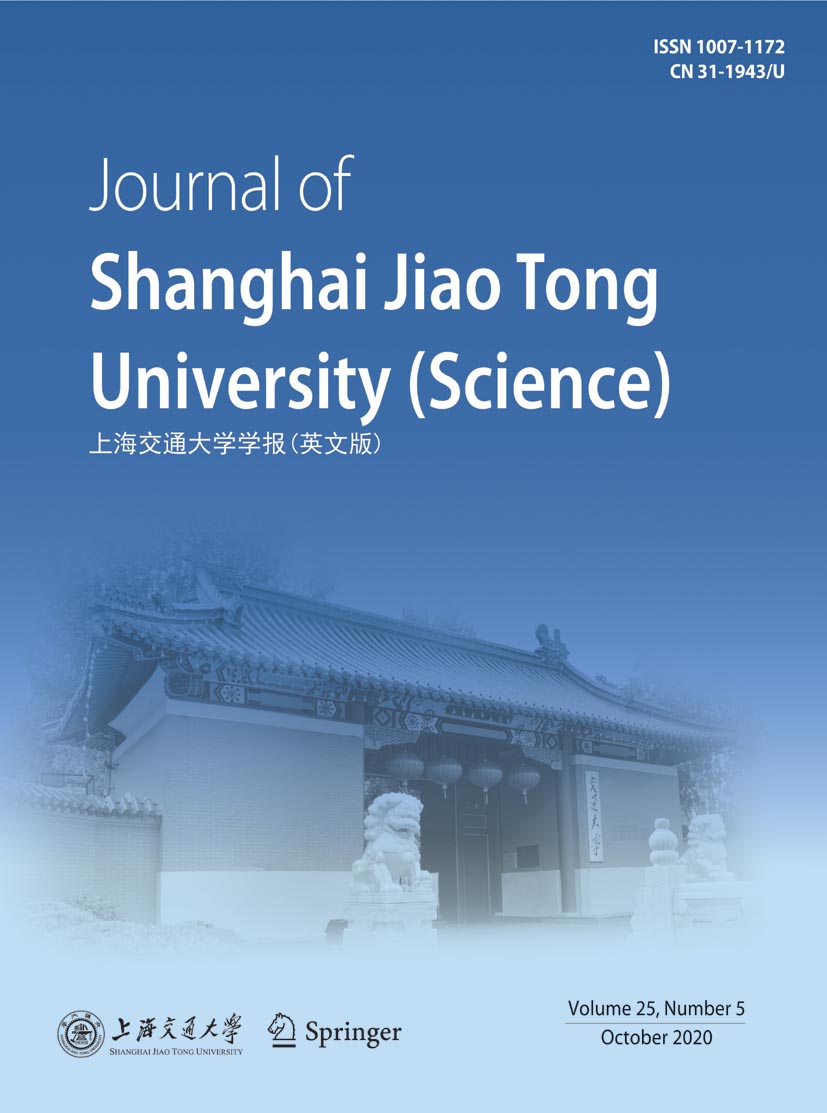|
|
Micro-Expression Recognition Algorithm Based on Information Entropy Feature
WU Jin, MIN Yu, YANG Xiaodie, MA Simin
2020, 25 (5):
589-599.
doi: 10.1007/s12204-020-2219-7
The intensity of the micro-expression is weak, although the directional low frequency components in
the image are preserved by many algorithms, the extracted micro-expression feature information is not sufficient
to accurately represent its sequences. In order to improve the accuracy of micro-expression recognition, first, each
frame image is extracted from its sequences, and the image frame is pre-processed by using gray normalization,
size normalization, and two-dimensional principal component analysis (2DPCA); then, the optical flow method
is used to extract the motion characteristics of the reduced-dimensional image, the information entropy value
of the optical flow characteristic image is calculated by the information entropy principle, and the information
entropy value is analyzed to obtain the eigenvalue. Therefore, more micro-expression feature information is
extracted, including more important information, which can further improve the accuracy of micro-expression
classification and recognition; finally, the feature images are classified by using the support vector machine (SVM).
The experimental results show that the micro-expression feature image obtained by the information entropy
statistics can effectively improve the accuracy of micro-expression recognition.
References |
Related Articles |
Metrics
|

